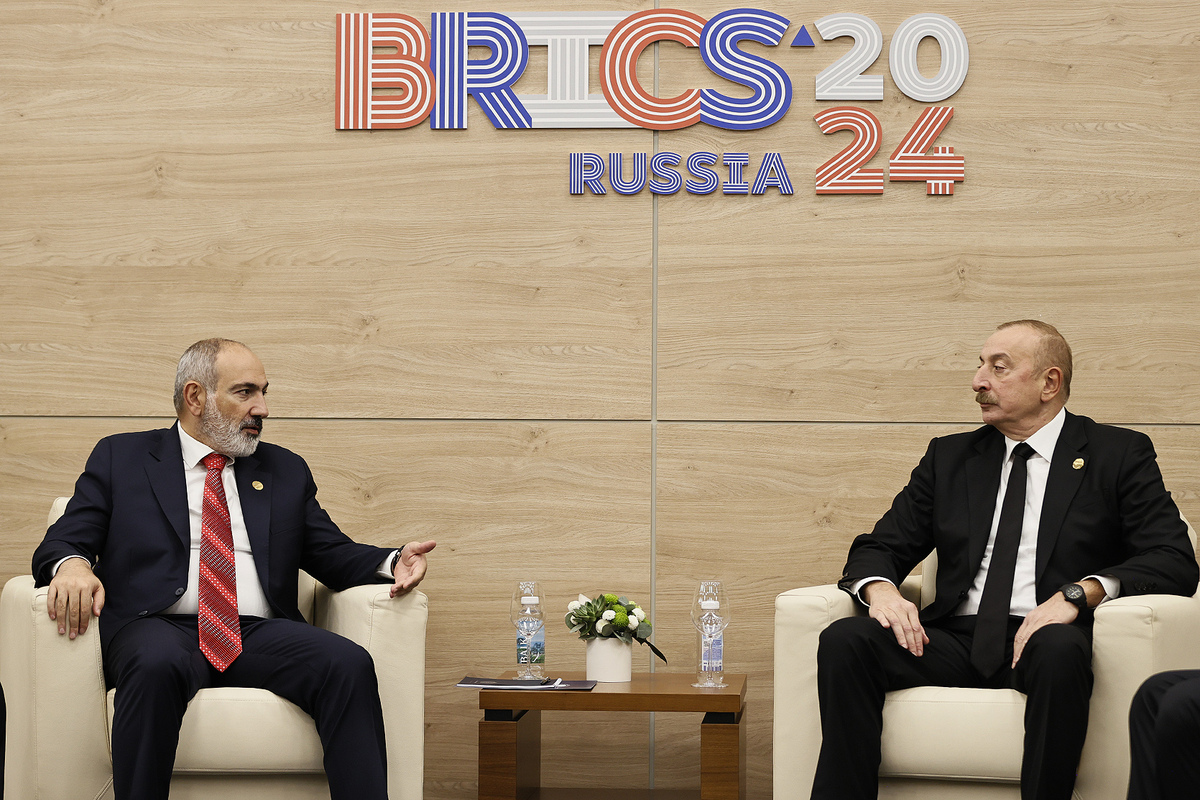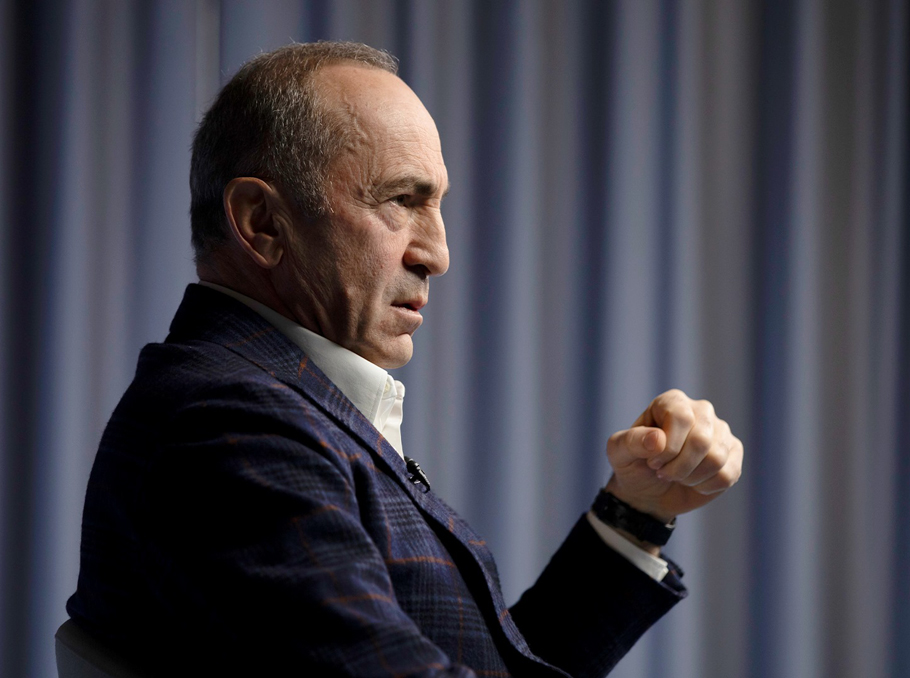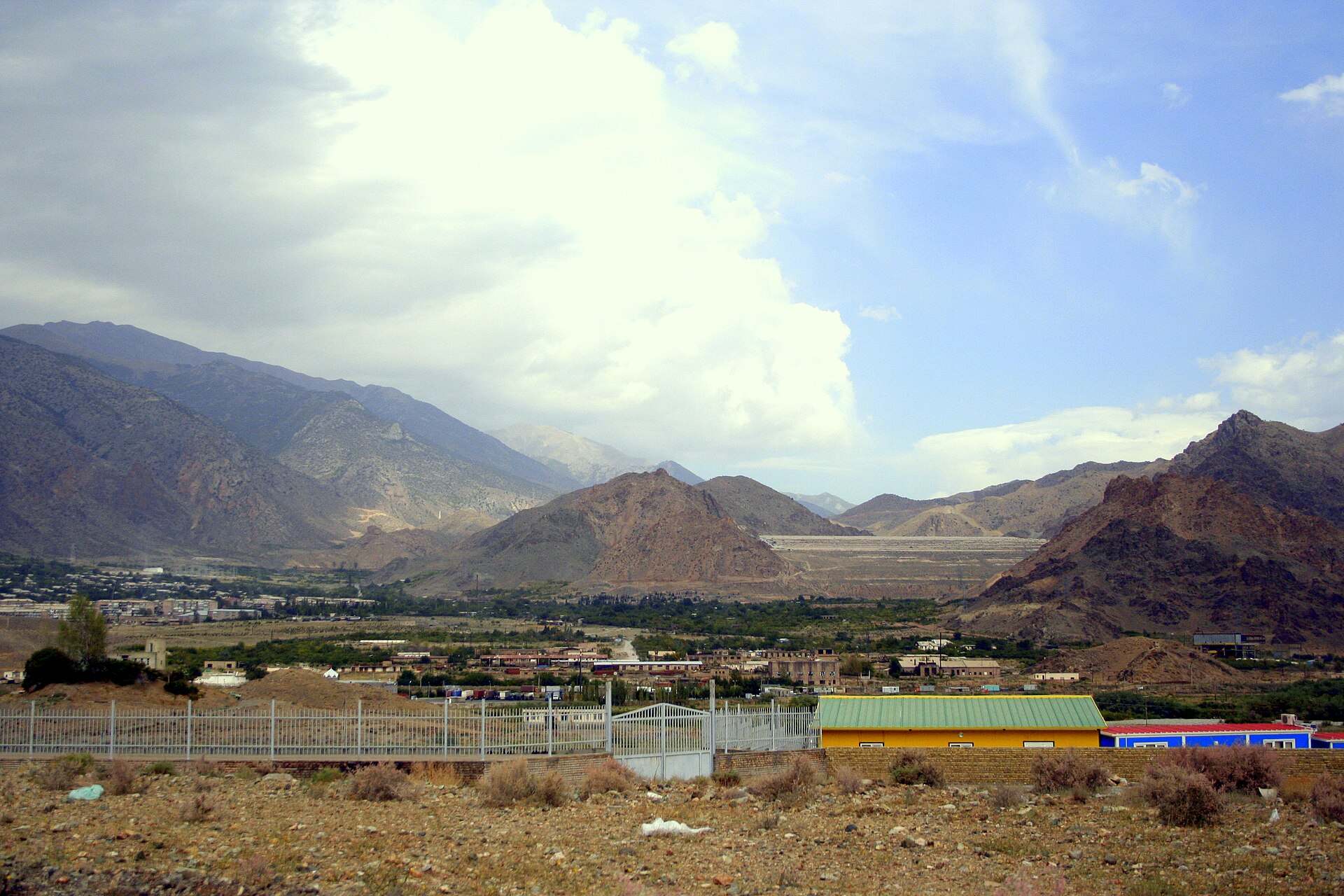After Washington talks: Trump Route deal and diverging views — analysis from Baku
Reactions to the Aliyev–Pashinyan–Trump meeting
At a trilateral meeting in Washington brokered by US president Donald Trump, a full peace deal was not reached, and the agreed route sparked discontent among countries in the region.
The meeting, which brought together Azerbaijani president Ilham Aliyev and Armenian prime minister Nikol Pashinyan, marked the first steps towards agreements aimed at ending the long-running conflict between Azerbaijan and Armenia.
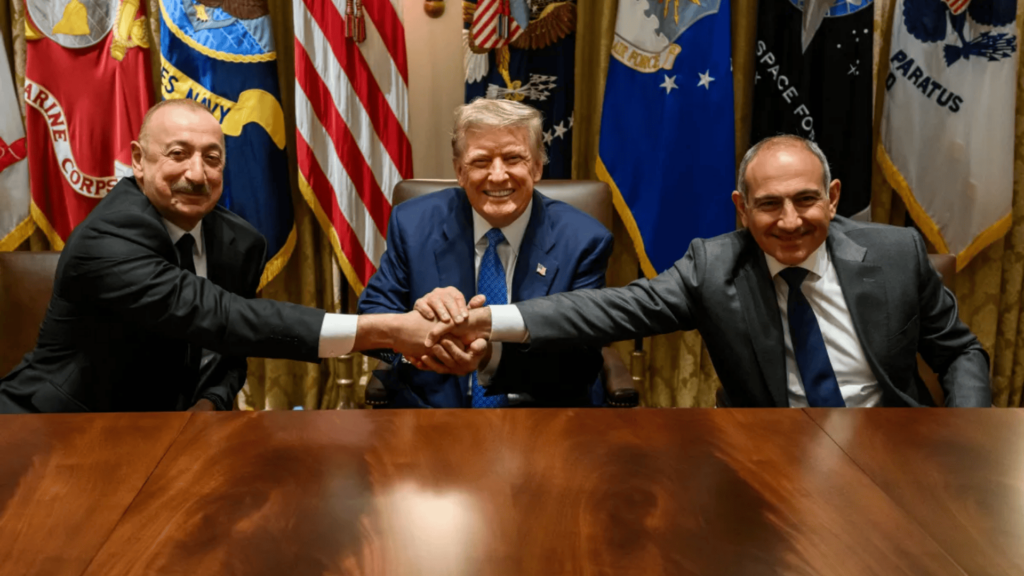
The foreign ministers signed a preliminary text of a peace treaty between Armenia and Azerbaijan, as well as a draft declaration on opening transport corridors between the two countries. According to Donald Trump, the sides had abandoned hostility and embraced friendship for the first time in 35 years, calling the move “historic.”
One of the key outcomes of the meeting was an agreement to open a road linking the Nakhchivan Autonomous Republic with mainland Azerbaijan. The road will be named the Trump Route – officially TRIPP – and will be built in southern Armenia by a US-led infrastructure consortium.
Azerbaijan had previously demanded partial extraterritorial status for the road, but under the agreement it will remain under Armenian jurisdiction, with Baku dropping its demand. Armenia’s sovereignty over the road will be preserved.
The package of trilateral documents also envisages new bilateral agreements between the US and Azerbaijan, and the US and Armenia, covering energy, trade and technology, including artificial intelligence.
Speaking to the press after the meeting, Ilham Aliyev said:
“We are truly opening a new historic page.”
He added that a strategic partnership charter between Baku and Washington would be prepared in the coming months.
The president also thanked Donald Trump for freezing the enforcement of Section 907, a provision added to the 1992 Freedom Support Act that barred Azerbaijan from receiving direct US government aid.
“While Yerevan has dropped its previous actions, it has only slightly shifted from the official stance it has historically maintained”
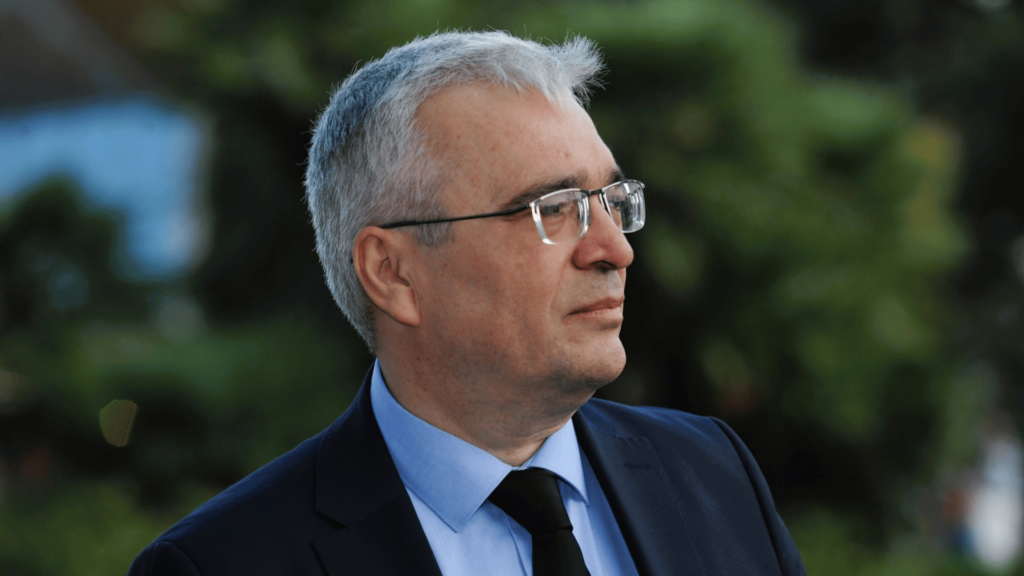
Ilgar Mammadov, former chair of the Republican Alternative party, says that after the Washington meeting, some old risks – such as the overthrow of Nikol Pashinyan – still remain.
Citing leaked details of the draft peace treaty, he argues that the diplomatic push for peace appears to sidestep the formal cause of the conflict:
“While Yerevan has dropped its previous actions, it has only slightly shifted from the official stance it has historically maintained.”
According to Mammadov, Yerevan’s position is that Karabakh Armenians have their own conflict with Baku, and over time only certain aspects of Yerevan’s approach have changed.
“There is still no admission of occupation, and no formal apology to Azerbaijan for it on paper. Pashinyan has made some vague statements in this direction, but it is hard to say they carry any legal weight.”
He warns that this situation could allow Russia – now in a direct confrontation with Azerbaijan rather than working through Yerevan – to take the territorial claims of Karabakh Armenians under its wing and spark new disruptive actions “supposedly in defence of their violated rights.”
“Let’s see what Moscow says in response to yesterday’s call to dissolve the Minsk Group. Even if it supports the move, the risk remains. Russia might justify it not in the sense we see it, but by citing the OSCE’s ineffectiveness. In recent days, Sergey Lavrov has even said that the OSCE itself, not just the Minsk Group, should be disbanded.
If this risk is not addressed, Yerevan, from the sidelines as a neutral, protected and content observer, will watch its long-standing dream take shape again – the plan to create two Armenian states in the Caucasus, one leaning towards the West, the other towards Russia.”
Russia and Iran’s concerns
According to Reuters, the Washington agreement is seen as a move within Russia’s sphere of influence and could heighten Moscow’s concerns. Russian foreign ministry officials have accused the West of trying to “shape the process to suit its own interests” and fear it could upset the regional balance.
Russian foreign ministry spokeswoman Maria Zakharova said the visit to Washington was aimed at “bypassing” consultations with Moscow, warning that it could lead to a “security imbalance” in the region.
Iran has also reacted cautiously to the Washington agreement. Reuters reported that while Tehran described the deal as “an important step towards lasting regional peace,” it warned that any foreign intervention near its borders would undermine security and stability.
According to unofficial reports, a senior adviser to Iran’s Expediency Council said the agreement would pave the way for opening transport corridors along Iran’s northern borders, expressing opposition to this process. The Zangezur corridor is seen as potentially affecting Iran’s strategic position in the South Caucasus, and Tehran is approaching the issue with caution.
Today, Ali Akbar Velayati, senior adviser on international affairs to Iran’s Supreme Leader, came out against the creation of the “Trump Route.” He said Iran would stop the US project in the Caucasus — with or without Russia — because it threatened regional security and altered the geopolitical map.
“The Caucasus is not no man’s land for Trump to lease,” Velayati told Tasnim news agency. “This passage will become the graveyard of Trump’s bandits.”
He said the “Trump Route” was aimed at redrawing regional borders and splitting Armenia. Velayati called its portrayal as a mere trade route a political plot, noting that Turkey is a NATO member and NATO seeks to expand in the region — something Iran will not allow.
Ilgar Mammadov suggested that Velayati’s tough rhetoric was likely linked to Iran’s interest in becoming a shareholder in the consortium that would manage the corridor. He predicted Russia might soon make similar statements.
“If they fail to agree on how to split shares in the consortium, both will try to obstruct the corridor,” Mammadov said.
According to him, Trump might eventually grant them a stake after lengthy talks, but even then, Iran or Russia would be inclined to disrupt the project:
“Because it is still unclear whether active and convenient use of the road will benefit the West more, or the Russia–Iran duo.”
He argued that keeping the corridor entirely under Azerbaijan’s control could have produced more balanced and predictable geopolitical and geoeconomic results.
“Unfortunately, everyone opposed this,” he said.
“Pashinyan must not delay implementing the Washington agreements”
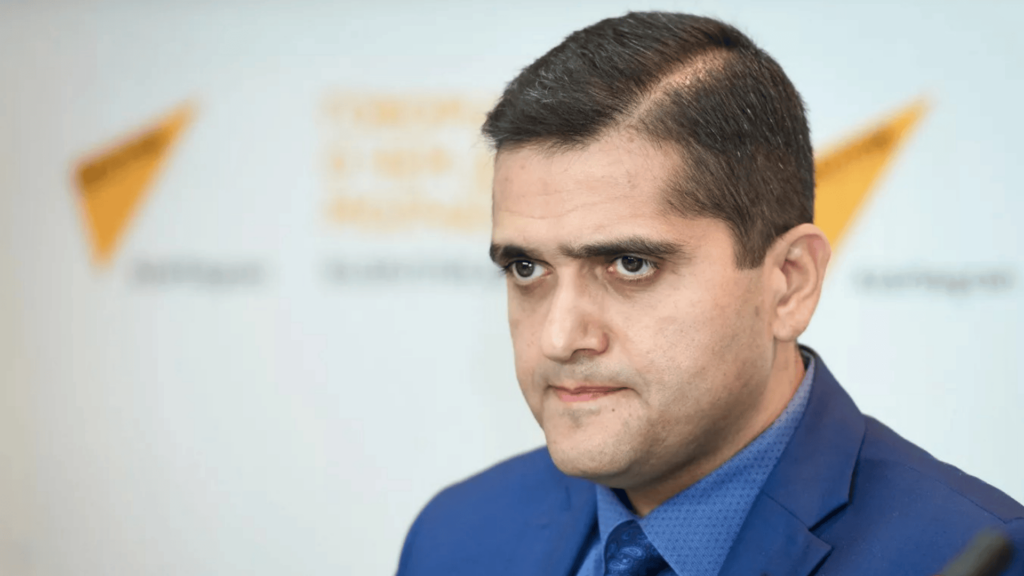
Elkhan Shahinoglu, head of the Atlas Research Centre, said that opposition from conservative circles in Iran to the Washington agreement was to be expected.
“However, Velayati failed to explain how Iran intends to block this process. They still do not take into account the changing conditions in the region.
While radicals in Armenia say they are not against US mediation, they argue that the Washington deal is not in Armenia’s interests. But their ‘arguments’ are illogical — they are simply mourning the end of the Minsk Group and the prospect of opening the Zangezur corridor.”
Commenting on Russian foreign ministry spokeswoman Maria Zakharova’s remarks, Shahinoglu noted that while she did not openly oppose the Washington agreement, she sent subtle signals that Armenia would not be able to break away from Russia.
“As a result, opponents of the Washington agreement have no means of pressuring Azerbaijan. They have turned their criticism on prime minister Nikol Pashinyan. That is why Pashinyan must not delay implementing the Washington agreements.
The deal will strengthen Pashinyan’s position in Armenian society. It will allow him, by holding early parliamentary elections and amending the constitution, to complete the signing of a peace treaty with Azerbaijan.”
Reactions to the Aliyev–Pashinyan–Trump meeting
International reactions to the Washington meeting
US president Donald Trump praised both leaders for taking a historic step, highlighting the courage shown by Ilham Aliyev and Nikol Pashinyan in the name of peace. At a ceremony at the White House, the leaders of Azerbaijan and Armenia said they were ready to nominate Trump for the Nobel Peace Prize.
NATO also expressed support for the process. In a public statement, NATO spokesperson Allison Hart called Armenia and Azerbaijan’s progress towards peace “an important step” and said the alliance would continue to work with both countries.
US allies — the leaders of the EU and the Council of Europe — welcomed the Washington agreement. European Council president Charles Michel and European Commission president Ursula von der Leyen issued a joint statement praising the success of the trilateral meeting, saying the EU fully supports the normalisation process and is ready to invest in the region’s infrastructure.
They stressed that signing a peace treaty would be “crucial” for ensuring stability “for the countries and the entire region.” International organisations such as the UN and PACE also welcomed the peace initiative, while noting the importance of continuing efforts towards a lasting settlement.
Reaction from Türkiye and regional states
According to the Turkish foreign ministry, Ankara called the agreement for the South Caucasus “a rare historic opportunity” and described the progress as “an extremely important development” for ensuring peace and stability in the region.
Reaffirming its support for steps towards peace and its commitment to backing Azerbaijan’s initiatives, Türkiye voiced its full support for the Washington agreement.
Georgian officials also spoke positively about the outcome. Prime minister Irakli Kobakhidze and the foreign ministry said they welcomed the agreements reached on the path to interstate peace, calling the event “a historic achievement for the region and the world.”
Official Tbilisi expressed hope that the foundations for peace laid in Washington would boost the development of joint projects in the Caucasus region, such as the Middle Corridor transport route.
Legal and political aspects
While the Washington Declaration signals an end to the conflict, several steps are still needed to legally finalise the agreement. The groundwork has been laid for signing an initial peace treaty, but the full signing stage is yet to come.
As previously reported, Azerbaijan is demanding that Armenia remove from its 1995 constitution a reference to the “Nagorno-Karabakh” issue. This would require constitutional amendments in the Armenian parliament by around 2027 and remains a contentious point.
The statement also says the OSCE Minsk Group will be disbanded, with member states to be asked to approve the move. This marks a new stage in a process that has lasted more than 30 years.
Other issues, such as “the return of Armenian internally displaced persons from Nagorno-Karabakh,” have not yet been resolved and may be on the agenda when the peace treaty is signed.
On transport corridors, agreement was reached only on the Nakhchivan corridor; the question of other routes through Armenia will be discussed in future bilateral talks.
Reactions to the Aliyev–Pashinyan–Trump meeting
News in Azerbaijan










